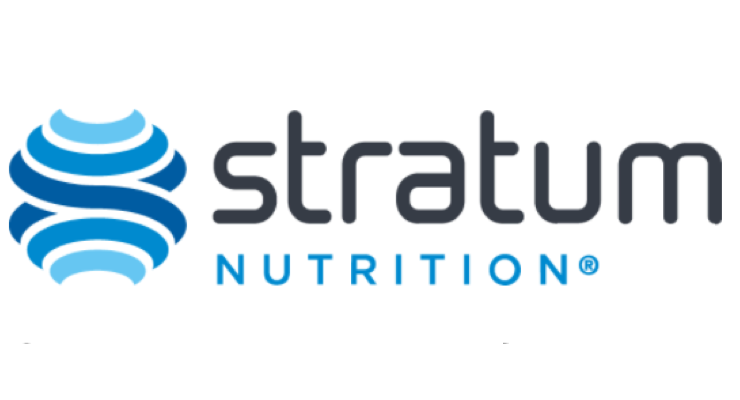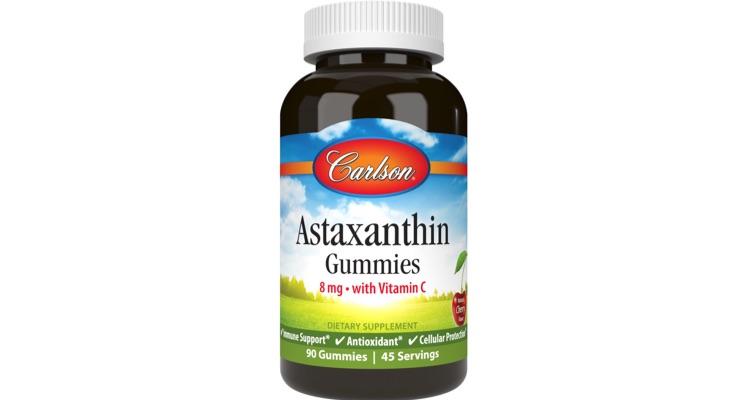Exclusives
Senate HELP Committee Advances Bill with Supplement Provisions That Industry Trade Groups Oppose
Wide-ranging ‘must-pass’ legislation heads to the full Senate for consideration.

By: Mike Montemarano
The U.S. Senate Health, Education, Labor, and Pensions (HELP) Committee has advanced a bill to reauthorize user fee agreements for drugs and medical devices that retains language on dietary supplements that industry trade groups had lobbied to remove or revamp.
The committee voted 13-9 to send the FDA Safety and Landmark Advancements Act (FDASLA) to the full Senate for consideration. Among other provisions, the legislation would mandate product listing of dietary supplements at the time of introduction into interstate commerce. It would also make it a “prohibited act” to introduce and market a product as a dietary supplement that authorities determine doesn’t meet the definition of a dietary supplement.
The Natural Products Association (NPA), which has encouraged industry stakeholders to voice their opposition to mandatory product listing (MPL), said the FDASLA would remove protections for dietary supplement manufacturers under the Bioterrorism Act and would allow FDA to administratively reject ingredients like cannabidiol (CBD) and N-acetyl-L-cysteine (NAC) from being marketed as dietary supplements, regardless of the science or history of use.
“We are disappointed that the significant economic, consumer, and security-related concerns that have been raised by NPA, other experts and thousands of American constituents, have to this point, appear to have fallen on deaf ears,” said Daniel Fabricant, PhD, president and CEO of NPA. “We will redouble our efforts to continue educating consumers and staff about the deep negative impact of these provisions in hopes that we can get a fair hearing as the legislative process unfolds.”
He noted that the House of Representatives did not include these provisions in its version of this legislation. “We are asking the Senate to reject these provisions on the floor when it comes for a full vote and the house to reject these Senate provisions in any final agreement between the chambers,” Fabricant said.
United Opposition
The Council for Responsible Nutrition (CRN) also voiced its opposition to FDASLA, saying it fails to provide companies with certain protections. However, CRN still maintains support for a “federal mandatory product listing program operated by FDA.”“CRN remains steadfast in our belief that such a program can provide consumers and the agency the transparency they want and need from the marketplace,” said Steve Mister, president and CEO of CRN. “However, that transparency does not require confidential business information to go unprotected and should not necessitate trading away assurances that the authority to create the listing will not be misused. Responsible industry invests millions of dollars each year to researching, developing, and testing—ingredient innovation that powers the $54 billion dietary supplement market. Leaving out these essential business protections will needlessly stifle that innovation.”
According to Mister, CRN will not support the legislation unless it includes four essential protections:
- Unwavering language that FDA cannot reject or create qualifications on submissions that would permit the agency to reject a listing;
- Protections for confidential or proprietary business information from public release;
- Limiting the information FDA would get to items that appear on a product label; and
- No creation of broad or prohibited acts which could have unintended consequences for the industry.
“We remain committed to engaging congressional leaders and their staffs on this issue and thank, in particular, Sens. Dick Durbin (D-IL), Mike Braun (R-IN) and Mitt Romney (R-UT) for their leadership on this issue. CRN cannot support FDASLA as advanced by the Senate Help Committee. We will continue to pursue a mandatory product listing program that simultaneously increases transparency for consumers and FDA without sacrificing essential protections for industry,” Mister concluded.
Similarly, the Consumer Healthcare Products Association (CHPA) supports the prospect of a mandatory product listing, but panned FDASLA.
“While CHPA remains highly supportive of an appropriate listing system for dietary supplements that will enhance consumer safety, we are strongly concerned that the dietary supplement provisions of this legislation are overly broad and will place unnecessary and costly burdens on the entire industry,” said CHPA President and CEO Scott Melville.
“Moreover, the legislation falls short of the comprehensive reforms needed to appropriately and effectively modernize the regulatory framework for dietary supplements. CHPA remains committed to working with congressional leaders in both parties on an appropriate listing system that paves the way for increased visibility into the dietary supplement marketplace, while also providing consumers with the assurances they deserve regarding dietary supplements sold in the United States,” he said.





















